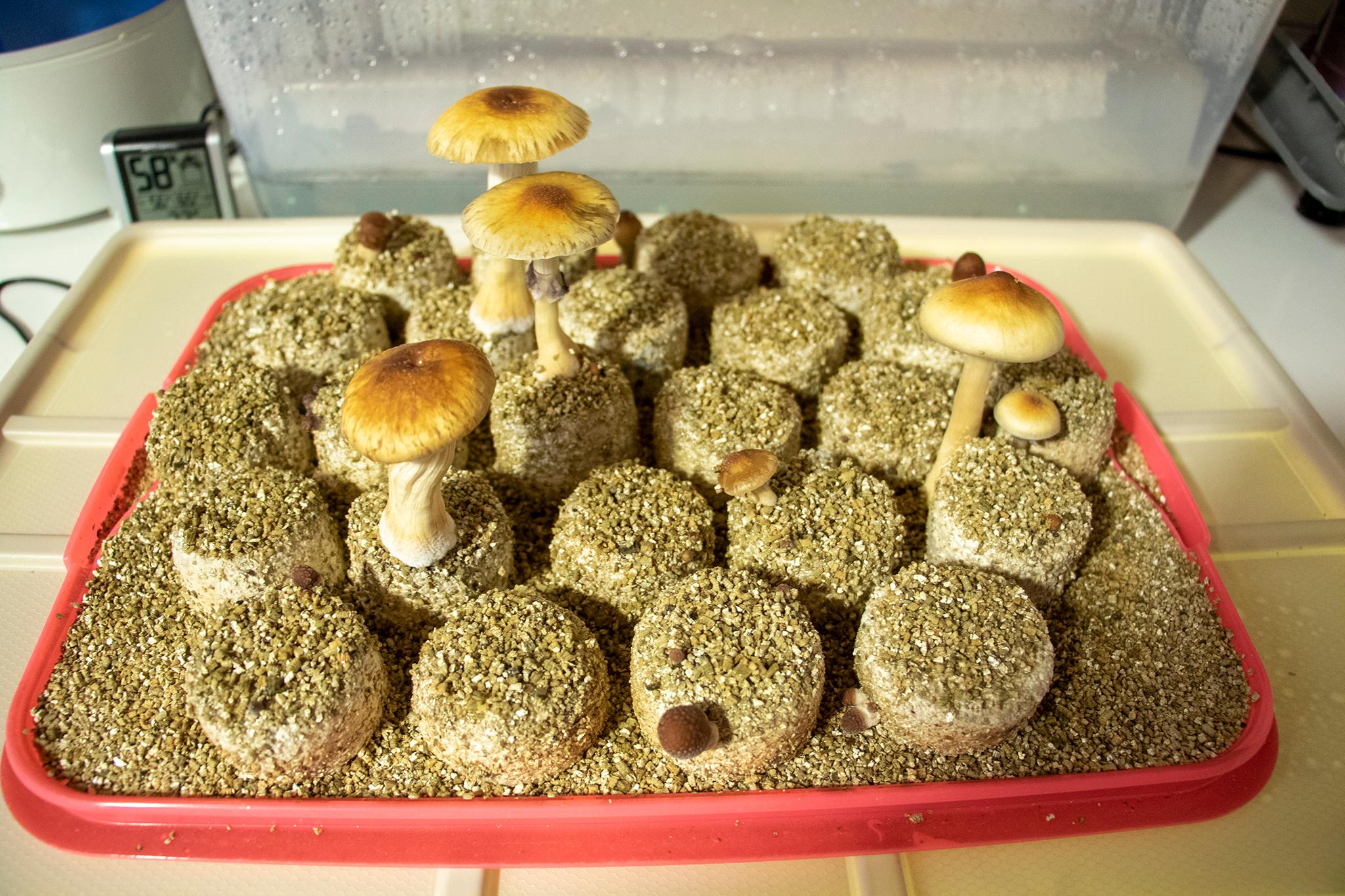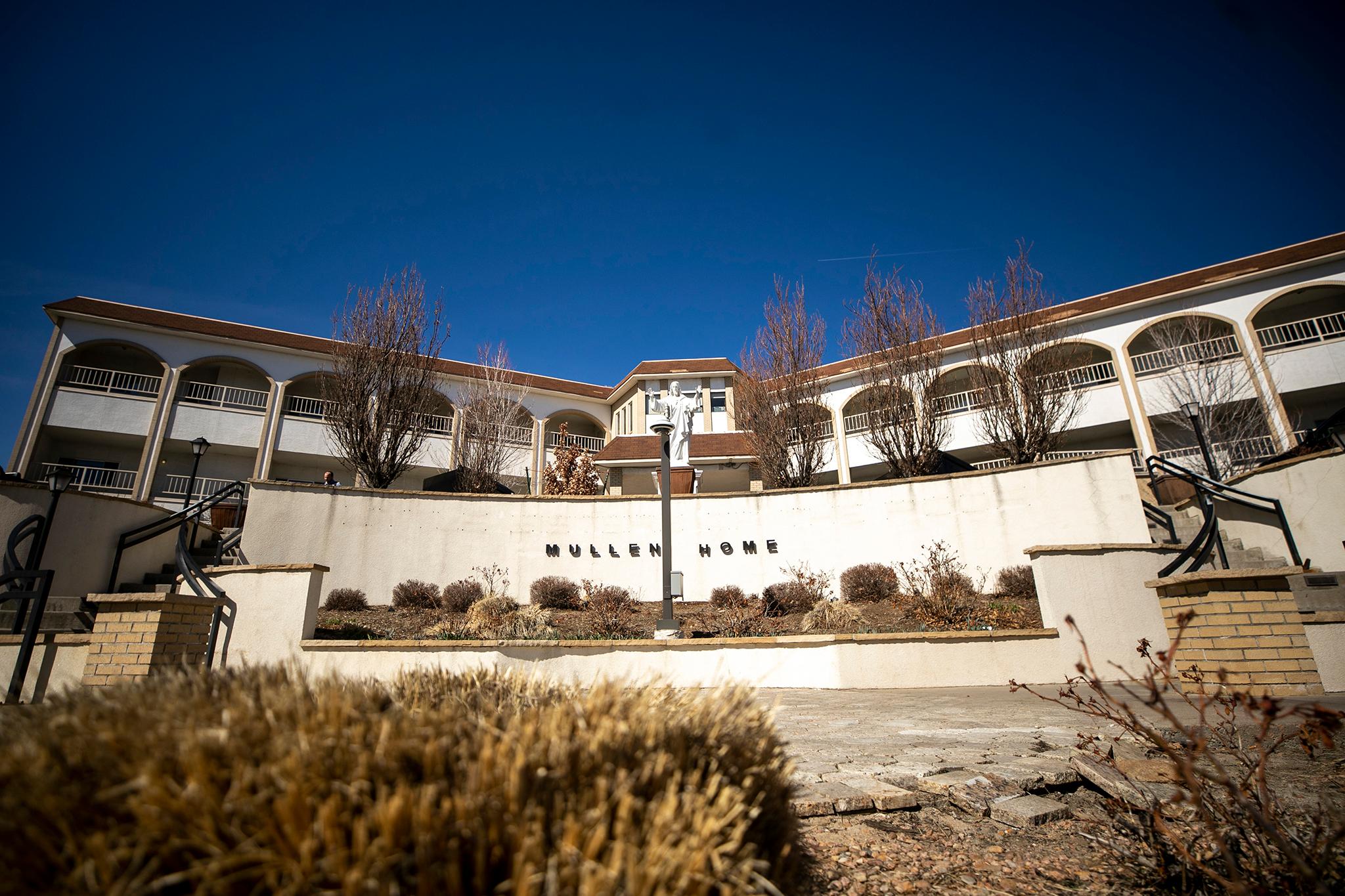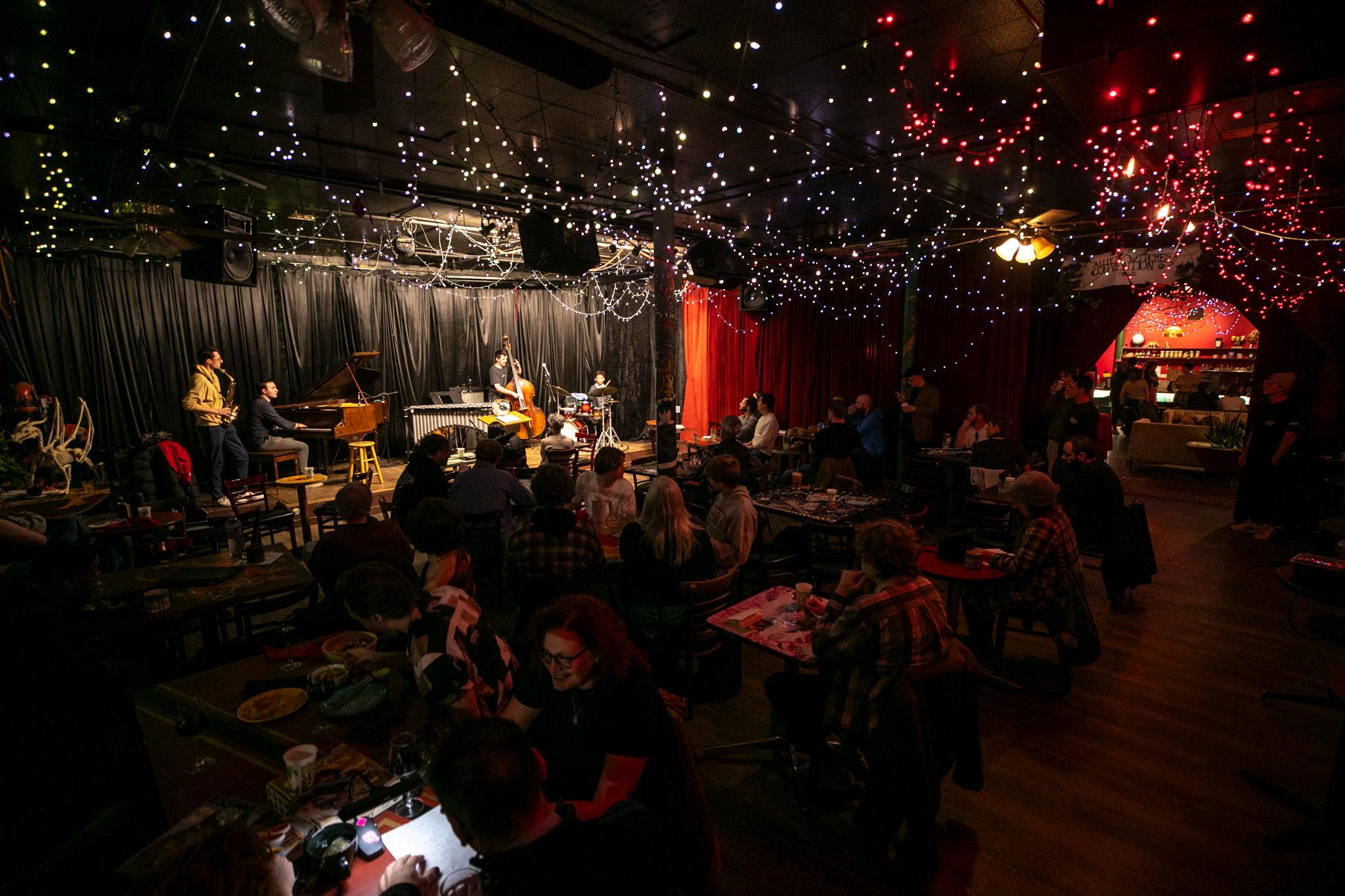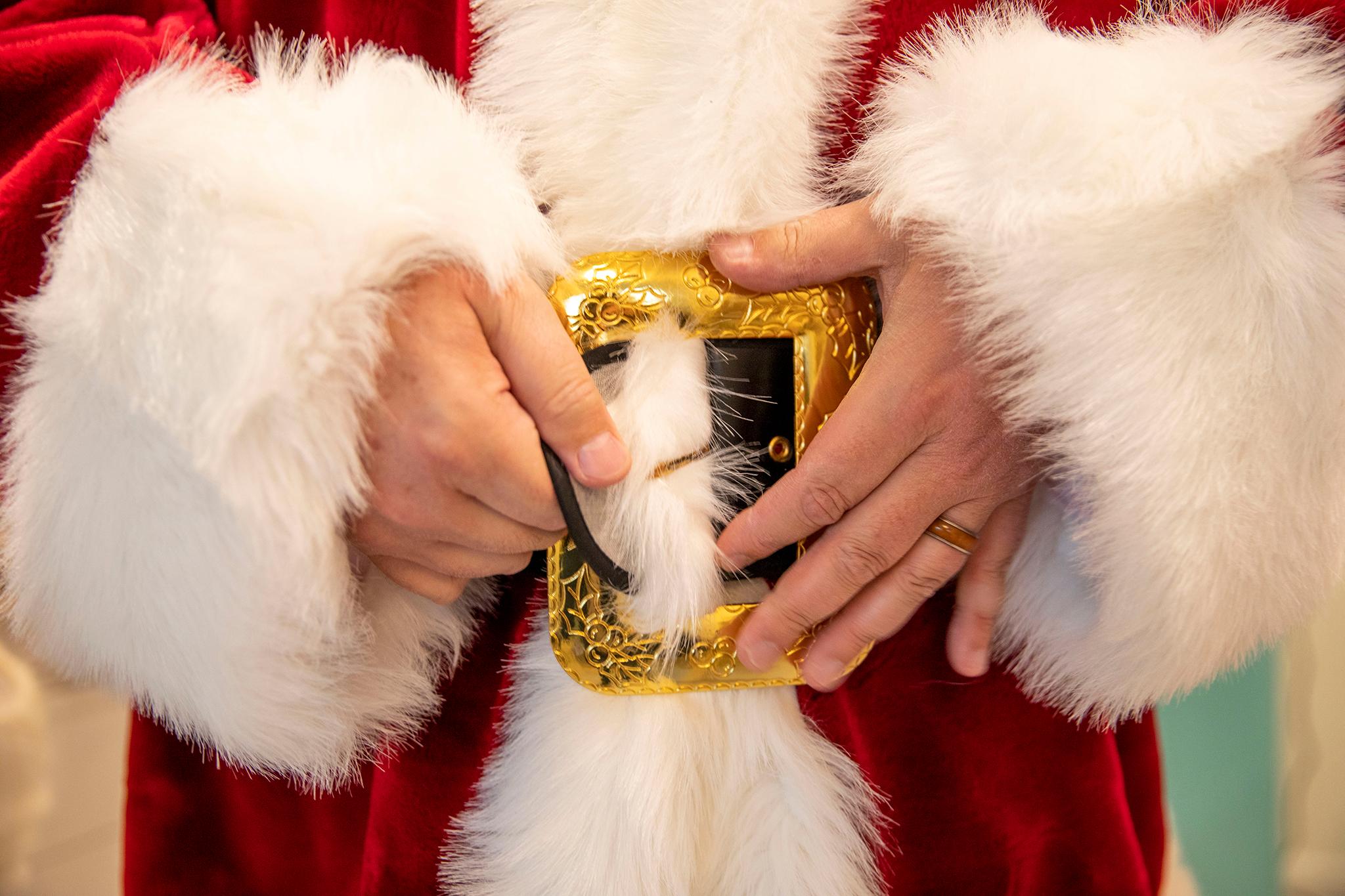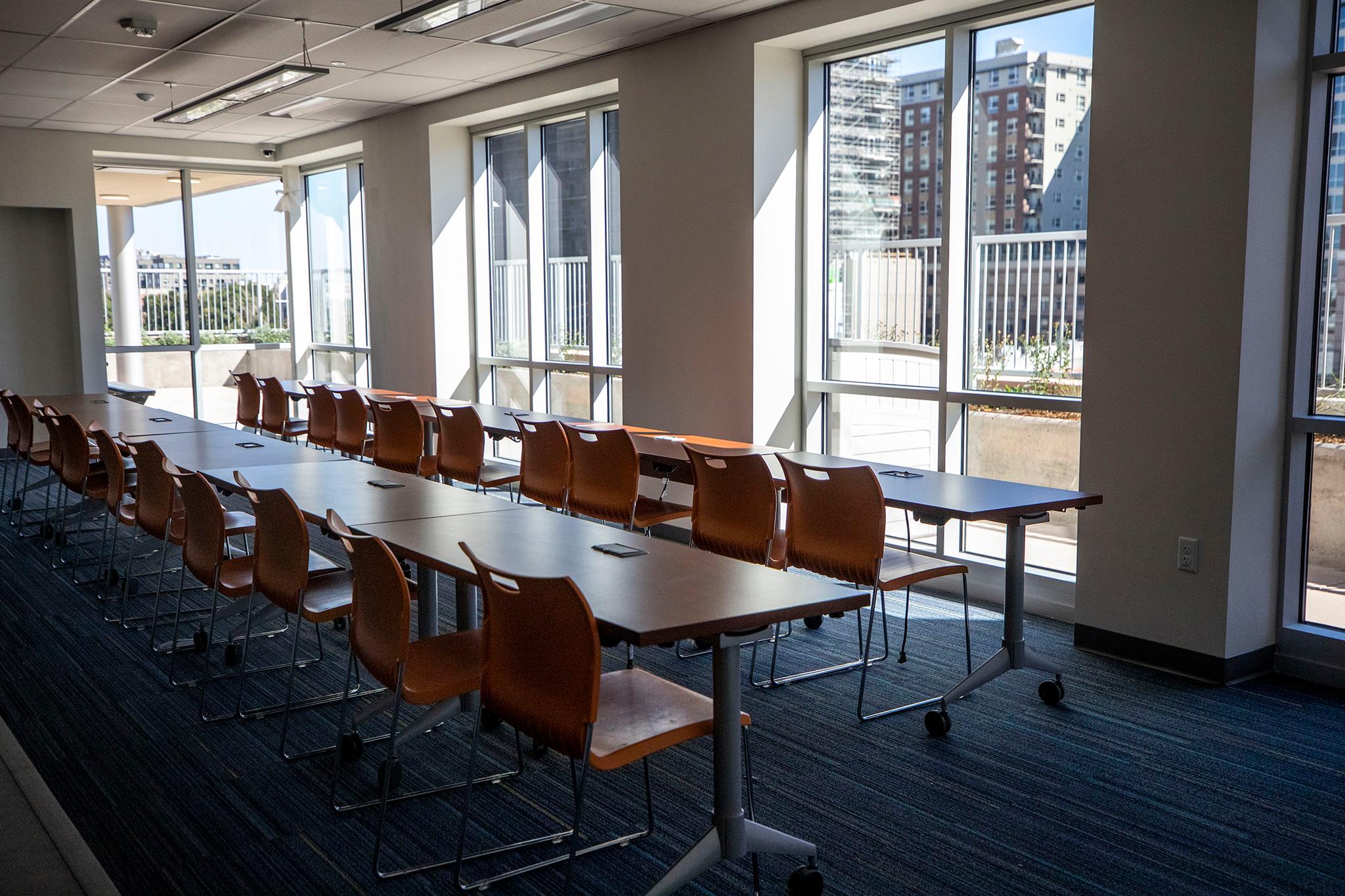From the moment he saw them on screen, Maurice Wade wanted to be a cowboy.
As a child, he played pretend on his grandfather's farm in Mississippi. His grandfather, Jackson, wouldn't let him ride horses because he was afraid he'd get hurt. So Wade rode mules, Old Jake and Burley, all over the farm, chasing cows and bulls across pastures, acting like the cowpokes he saw on TV shows.
"We visualized being the 'Lone Ranger,'" Wade said. "We was the good guy, always catching the bad guys, and shooting them up or taking them to jail. It was fun. When I was not with my grandpa, we rode broomsticks."
Wade watched The Roy Rogers Show and The Cisco Kid, shows that were popular during the 1950s. The cowboys Wade saw on TV were all white.
"I never saw a Black cowboy," Wade said. "I had the audacity to think I was gonna be the first Black cowboy."
Black cowboys, of course, were a very real presence in the American West. Yet, they were basically unseen on TV shows and movies that idolized cowboy culture, especially during the heyday of Western movies and shows that made Wade and millions of other children grow up wishing they could wear Stetsons, carry six-shooters and ride horseback for a living.
"Hollywood got ahold to it and wrote us out of the history books," Wade said.
Wade, who lives in Montbello, isn't the first or only Black cowboy in Denver, but decades after pretending to be one in Mississippi, he's an honest-to-God cowboy in Colorado. Wade is a roper -- a champion roper, in fact -- who even at 73 can still wrestle down a calf after lassoing it while on his horse, Beer Money, who stays on a farm in Bennett when the two aren't together.

The duo were in action last month during the National Western Stock Show, when Wade roped in the MLK Jr. African-American Heritage Rodeo, which features Black cowboys and cowgirls from the Bill Picket Invitational Rodeo. The cowboys participate in various rodeo events and tour around the country, with upcoming events in Fort Worth, Texas, and Los Angeles.
The first Black cowboy Wade remembers seeing is Myrtis Dightman.
Dightman participated in perhaps the most thrilling -- and, let's be honest, probably the most dangerous -- of all rodeo competitions: bull riding. In 1964, Dightman became the first African-American to compete in the National Finals Rodeo.
Wade saw him on TV during a competition in Oklahoma City. It was a big moment for Wade.
"I saw just Black bull ride," Wade said. "I said, 'Man, that's a Black guy. That's a Black guy riding bulls on TV! So that was a big thing for me."

Historians believe one in four cowboys were Black, according to Smithsonian Magazine. Slaves in Texas developed cattle-herding skills while ranchers fought in the American Civil War. After the war was over, some former slaves were hired as cowhands to work on cattle farms.
"Right after the Civil War, being a cowboy was one of the few jobs open to men of color who wanted to not serve as elevator operators or delivery boys or other similar occupations," African-American history scholar William Loren Katz told the Smithsonian Magazine in 2017.
Wade's journey to Denver started in Greenwood, Mississippi.
He was young when he left the Deep South. His grandmother, Eva Terry, feared for his safety. Wade's hometown was near another town that's now infamous for one of the darkest chapters in the state's history: the lynching of Emmett Till, the 14-year-old African-American boy who was killed in 1955 in Drew, Mississippi, by white men who believed he had flirted with a white woman. Till would go on to become an icon of the Civil Rights Movement.
"After Emmett Till had gotten [killed], she didn't think it was wise for me to stay there," Wade said about his grandmother.
He joined millions of other Black Americans who moved from the South to other parts of the country as part of the Great Migration. Wade's family relocated to Michigan, where he would graduate from high school before joining the Army.
After serving in the 101st Airborne Division during the Vietnam War, and after a brief stint back in Michigan, he ended up at the former Fitzsimons Army Medical Center in Aurora for treatment for post-traumatic stress disorder in the early 1970s.
He started helping out a friend's cattle ranch in Aurora during the 1980s. That's where he started meeting more cowboys, which eventually led to him working at the Silver Buckle Ranch in Elizabeth. He slowly started to realize his childhood dream, working every day with horses, and learning how to rope.
During that time, Wade met Charles "Charlie" Sampson. He's a legend in the rodeo circuit, for good reason: In 1982, he became the first African-American cowboy to win a world championship in professional bull riding. Wade also met the late Lou Vason, a Californian who, as the story goes, decided to create an all-Black rodeo after visiting Cheyenne Frontier Days in 1977 and seeing no Black cowboys.
Seven years later, the inaugural Bill Picket Invitational Rodeo took place in Denver, and with it, Wade's first rodeo.
Named after Bill Picket, a legendary cowboy and showman, Wade got to compete and hang with dozens of other cowboys that looked like him during the first rodeo, in 1984. They came from Arkansas, California, Texas and Oklahoma.
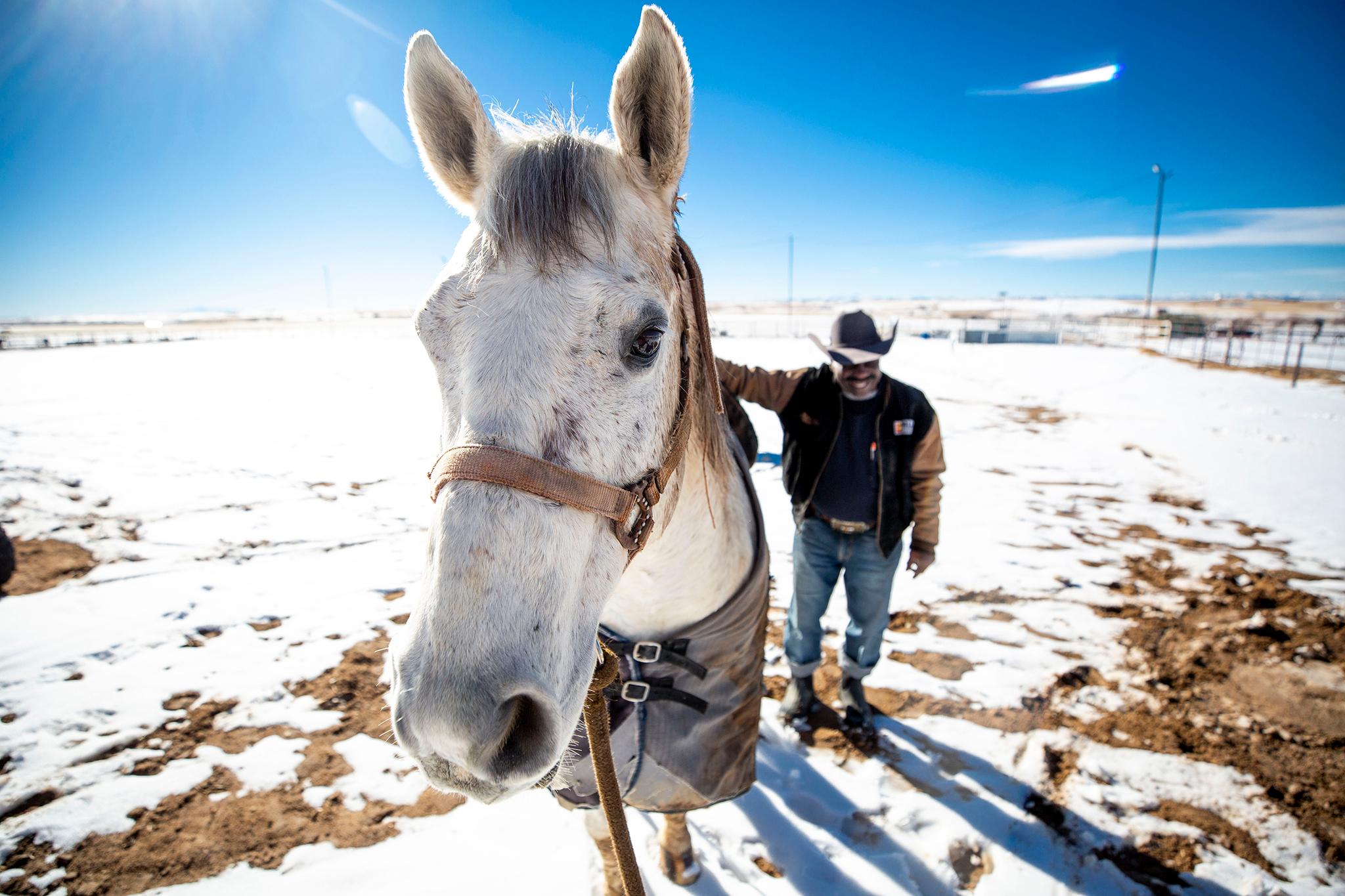
Valeria Howard-Cunningham, president and producer of the rodeo, called Wade a good person who tries to teach others, including kids, about the legacy of Black cowboys.
"He still has a passion for people," Howard-Cunningham said about Wade. "Just making sure his people know the history of Black cowboys and what the importance of Black cowboys or cowgirls are to our country."
Vason, her late husband, wanted to do something similar when he organized the first Bill Picket rodeo.
"It had a vision of making sure we educated the world and the community about the involvement of Blacks in the development of the West, and that there are Black cowboys and cowgirls today," Howard-Cunningham said, adding the rodeo now has more than 500 members across the country.
During his first rodeo, Wade was thrilled to see attendants of different races and ethnicities cheering them on. Nearly 40 years later, he's proud that multiple generations of cowboys have gotten a chance to participate in the Bill Picket rodeo. He's not just part of its history, he's part of its legacy too, winning Rookie of the Year in 1985. He's a lifetime member.
"I don't know if you ever been to one, but if you go to one, it's electric, man, I'm telling you," Wade said. "I mean, you can feel the pride from the people. Because, you know, they never knew. For them to see Black guys on horses and girls on horses, that was a big thrill to them."
These days, you might run into Wade joking around with the staff of Corral Western Wear, a clothing and barn supplies shop in Aurora.
Even if you don't run into him, you can still see him at the store. He's one of several real cowboys and cowgirls featured in large photos outside the shop.
Store manager Michelle Harpham, who knows Wade as "Moe," said Wade is usually there four to five times a week. He's got time for that since he retired from the United States Department of Agriculture in food nutrition, working as an analyst who would audit state agencies to make sure they were running programs following USDA regulations and policies.
"He's definitely a character," Harpham said, as Wade stood nearby in the store. "He's always super-driven and always brings us a smile to all our faces when he comes in -- or a little bit of razzing always, too."

Wade, a proud grandfather and great-grandfather, tries to practice roping twice a week. He said it's been helpful for his PTSD; a counselor told him it likely helped him adjust to life post-war a bit. He calls roping his escape.
When he straddles Beer Money in the pen before bursting out to chase down a calf, he's that kid in Mississippi again, the crowd roaring, his arm raising to sling his lasso. Only this time, he's not pretending. He's the real deal.


